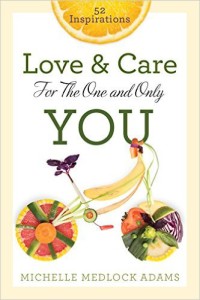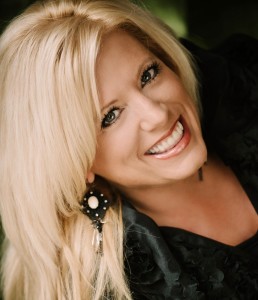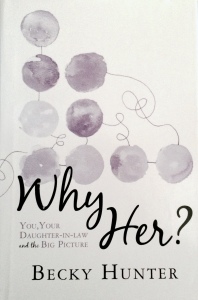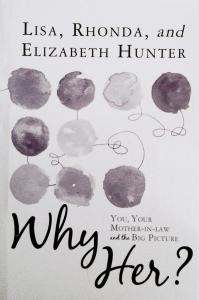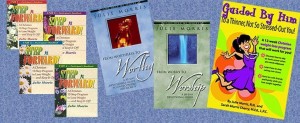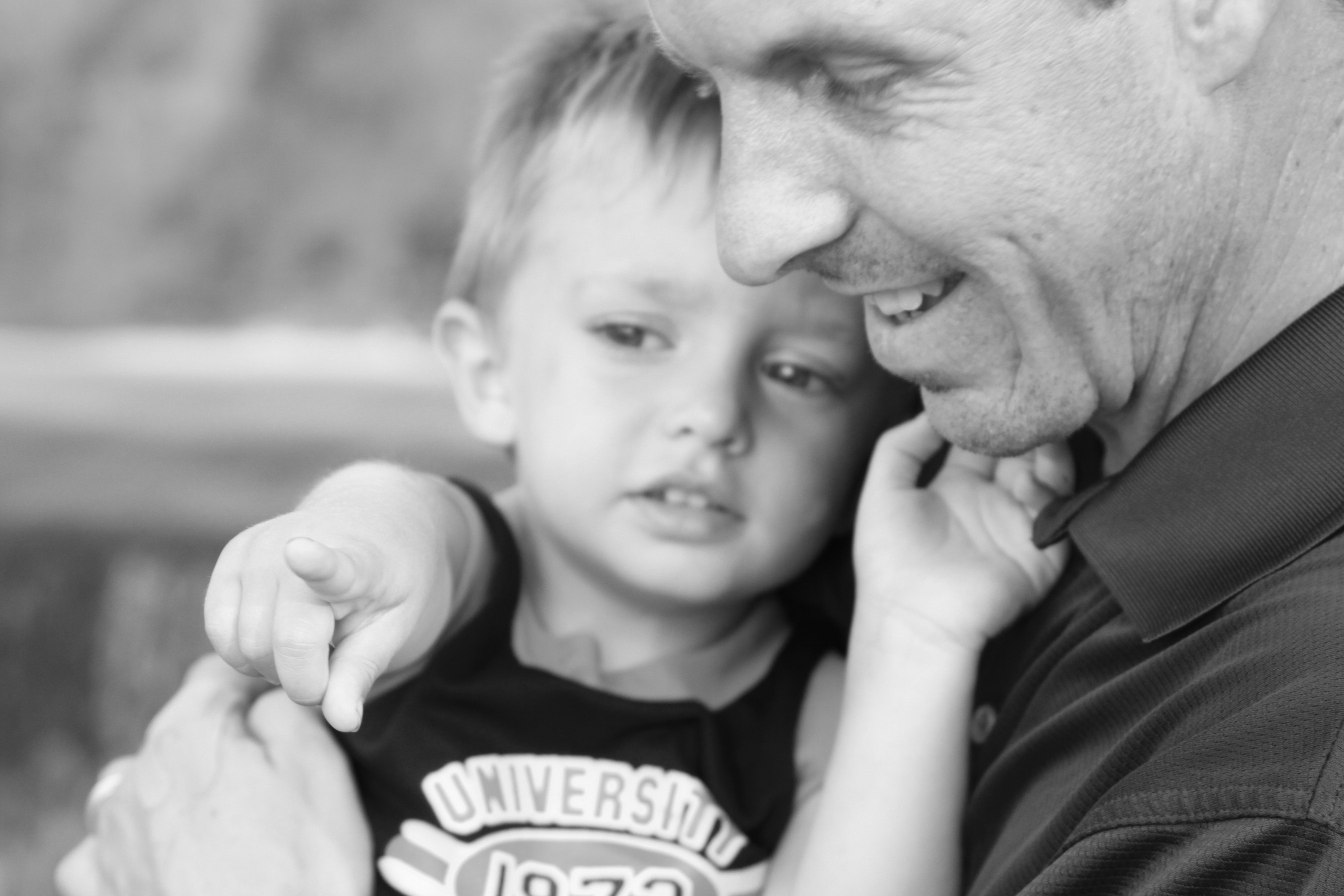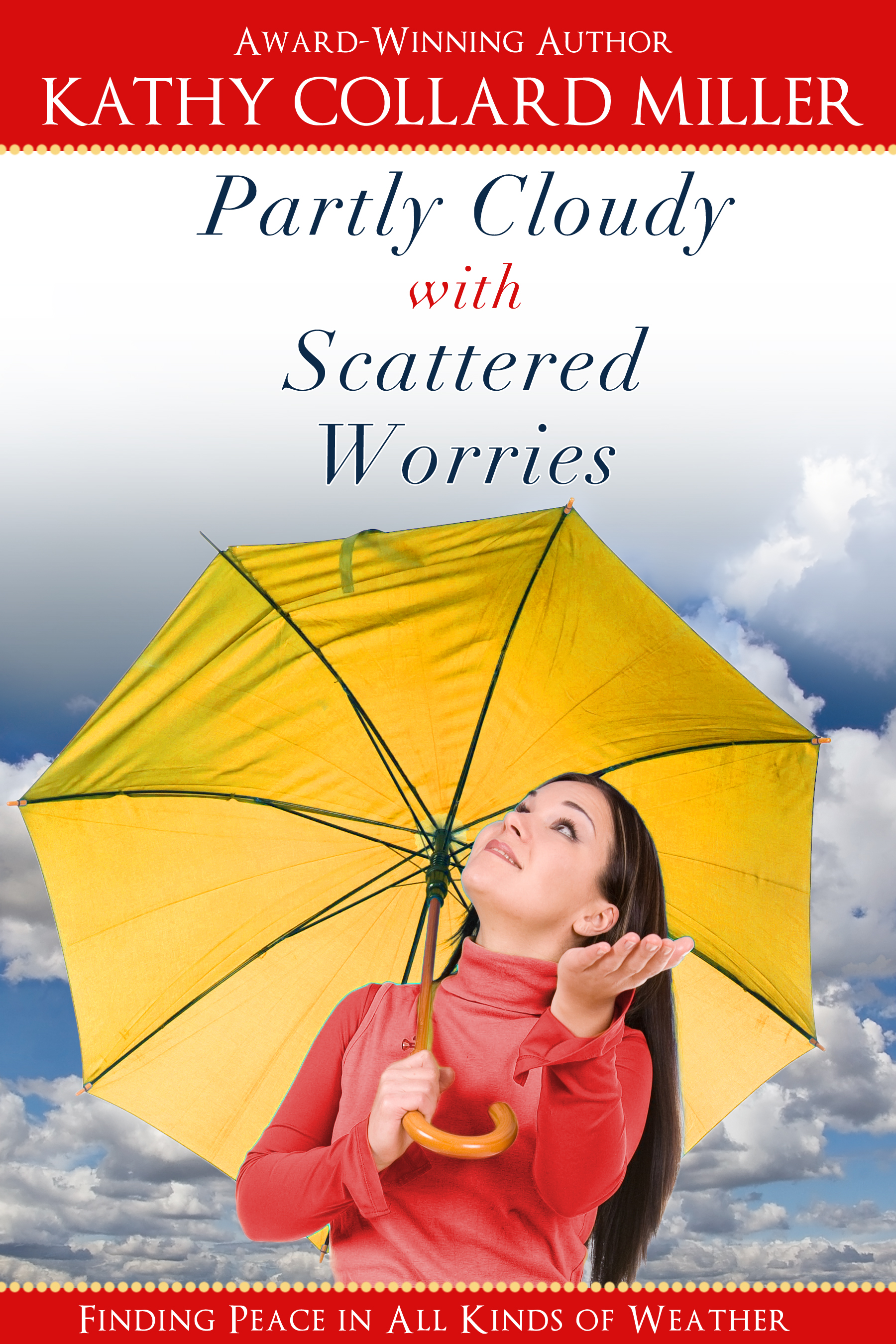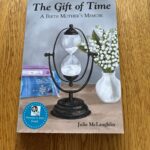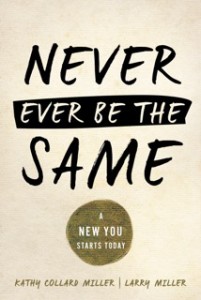 Sometimes we know we need to make changes in ourselves, but just don’t know how to do it. Two years ago, Kathy Collard Miller and I were co-leaders of a workshop at a national conference where she shared insights on why we do some of the things we do and how to make changes. In her new book, Never, Ever Be the Same, Kathy and her husband Larry Miller develop those ideas further and take us into a fascinating look at the whys and hows of character changes we need to make. Kathy is author of over 50 books and an international speaker. If you’d like a FREE copy of her book, we’ll be doing a drawing on Tuesday among those who make comments at the end of this post.
Sometimes we know we need to make changes in ourselves, but just don’t know how to do it. Two years ago, Kathy Collard Miller and I were co-leaders of a workshop at a national conference where she shared insights on why we do some of the things we do and how to make changes. In her new book, Never, Ever Be the Same, Kathy and her husband Larry Miller develop those ideas further and take us into a fascinating look at the whys and hows of character changes we need to make. Kathy is author of over 50 books and an international speaker. If you’d like a FREE copy of her book, we’ll be doing a drawing on Tuesday among those who make comments at the end of this post.
Linda: Kathy, if you summarized your book Never Ever Be the Same: A New You Starts Today, what would you say?
Kathy: There is hope for making changes in your life by recognizing the source of ungodly reactions, and that includes your marriage and relationships!
Linda: That sounds exciting—and hopeful! Tell us more.
Kathy: We answer the question, “Why do I do what I do?” and “Why do I keep doing what I said I’d stop?” So often even when we’ve prayed for God’s help, we just can’t stop making hurtful and harmful choices. My husband and co-author, Larry, and I wanted to help readers identify the underlying reasons for those responses. Using the book’s principles, we’ve found progress in our own lives and marriage and we want to share what we learned so that we all can trust God more.
Linda: Is this a marriage book specifically?
Kathy: No, the focus is not marriage but we include many examples and applications for marriage and relationships, primarily because most of life is our reactions to other people, especially in the closest relationships. For instance, Larry sometimes asks me, “What were you thinking when you did that?” Because of experiences from my childhood, I vowed to never feel or be seen as stupid. When Larry asks me that question, it feels as if I’m hearing, “You must be so stupid to have thought that!” And I get angry! He didn’t say or mean to say I’m stupid but I overreact to him because of that “wound” in my childhood.
Linda: Is there a story behind your book?
Kathy: Oh yes. Ten years ago a very good friend of ours went to a seminar where he learned how to give “soul care” counseling. As he described it to Larry, Larry asked, “Do you think Kathy and I would gain something from it since we often give counsel to couples at couples retreats?”
Our friend said, “Oh, yes” and we went.
We didn’t realize that not only would we be taught how to give soul care to others through our lay ministry, but we would also be given soul care for ourselves by our teacher.
We received the training through a ministry called Journey 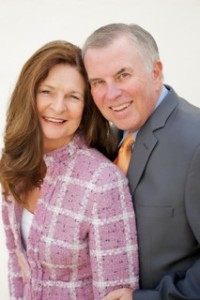 Companions Ministries (www.journeycompanionsministries.org) and we highly recommend it. We learned to examine our hearts and discover our underlying motives—and then trust God more. We also began giving soul care counseling in our home to others and we discovered what was effective. That’s what we share in our book. We’ve seen God use our book and our counseling to draw others closer to Him.
Companions Ministries (www.journeycompanionsministries.org) and we highly recommend it. We learned to examine our hearts and discover our underlying motives—and then trust God more. We also began giving soul care counseling in our home to others and we discovered what was effective. That’s what we share in our book. We’ve seen God use our book and our counseling to draw others closer to Him.
Linda: How is your book different from other books that tell people how to make their lives better?
Kathy: The difference we see is that we don’t advise people or couples what to do or not do. We help them examine their heart’s motives. For instance, we help them see if there are idols, “railroad tracks,” wounds, wrong beliefs, and sinful, self-protective strategies in their lives. We share lots of stories from our own lives and from the lives of others who have been impacted by these ideas, including many married couples. We also point out Biblical principles that reveal what’s going on in our hearts. For instance, God tells his people in Jeremiah 2:13 that they keep drinking the muddy water of broken cisterns when He offers them a fresh living spring. We help our readers discover the ways they are drinking that muddy water and how to go to God’s living spring of abundant life.
Linda: You mentioned “railroad tracks” earlier. I’m intrigued. What do you mean by that?
Kathy: So often we say something like, “Oh, I trust God completely but I’m worried that my husband won’t make wise decisions for us.” When someone tells us that, we hear two conflicting thoughts, and we ask whether they see how trusting and worrying are the opposite. We may think we have a “mono rail” in our hearts of only trusting God but there’s actually two rails like railroad tracks: worrying and trusting. Only when we identify that we have opposing reactions can we see how we’re not living as close to God as we think and then make changes.
Linda: Tell my readers another concept from Never Ever Be the Same.
Kathy: We refer to being “hooked” as any reaction that is the opposite of the fruit of the Spirit: love, joy, peace, patience, kindness, goodness, faithfulness, gentleness, self-control (Galatians 5:22-23). So often our ungodly reactions seem normal or “benign” because we’ve been reacting like that for so long. It seems there’s no other way to react. In order to ask God to change us, we need to recognize how we’re being selfish instead of “loving;” believing God won’t come through for us instead of “joyful;” disgruntled instead of “peaceful.” You get the idea. It’s amazing even to Larry and I that we can call a sinful reaction “no big deal.” But every ungodly reaction hurts ourselves and others. It separates us from God’s empowerment to love and value others, especially our spouse.
Linda: You also talked about “wounds.” What do you mean by that and how is it important?
Kathy: We have seen that difficult or traumatic things that occur in our childhood or even in adulthood can create wrong beliefs. We usually don’t recognize there are lies as a part of that wound. For instance, when I was in third grade, I fell on the playground face first and shattered my top two front teeth. One of the many thoughts that came into my mind was, “God allowed that to happen. He must not love me and he can’t be trusted.” As a child, I didn’t know how to counteract that “message” which was a lie. I attended church but had already begun believing God was waiting for me to become perfect before He could love me.
To try to figure out life, I created a self-protective sinful strategy of perfectionism. I decided that if I could become perfect I could have a happy life. When I became a Christian at age eighteen, it was hard to believe God really graciously loved me with no strings attached.
Linda: How did that affect your marriage?
Kathy: When Larry and I married, I expected Larry to be my perfect Prince Charming. When he wasn’t, I believed he had fallen out of love with me and I reacted with anger and unrealistic expectations. Because of Larry’s own childhood wounds, he withdrew from me because he felt out of control, unable to make me happy. We were in a downward spiral. We praise God that He healed us and we’ve been married over 45 years. We are able to meet each other’s needs in better ways now because we don’t get “hooked” with each other as often.
Linda: What do you suggest in your book for healing of the wounds and lies?
Kathy: First of all recognizing what motivates each of us. Then we must acknowledge how we’re not depending upon God and ask for forgiveness and be cleansed each time we get hooked.
Secondly, surrender to whatever God wants for us, even if it seems scary to not defend ourselves. For instance, in those times Larry says something like, “What were you thinking?” and I start to “hear” “I’m stupid,” I can slow down my reaction and believe the truth: even if Larry sees me as stupid, I have the mind of Christ and God doesn’t see me as stupid. I can also express what’s going on inside of me to help me see if I’m having “railroad tracks.”
Both repentance and surrender are a part of the process of sanctification and we’ll have to make those wise choices over and over again. But in time we’ll turn our attention to God more quickly.
Linda: Kathy, I know that you’re a speaker as well as a writer. Where can readers find out more about you and your ministry?
Kathy: Yes, thanks for asking about my speaking. Since I gave my first presentation in 1980, God has opened doors for me to speak in 31 states and 8 foreign countries. I’m amazed at what God has done. Your readers can learn more at www.KathyCollardMiller.com.
Remember to make a comment for the chance of winning a FREE book.
